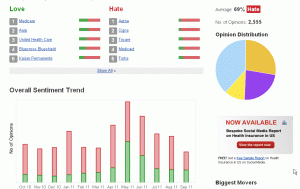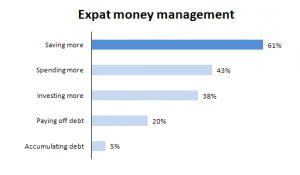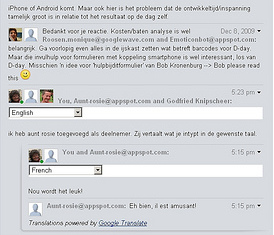
How frustrating must it be to have a pile of money in plain sight, yet be unable to get your hands on it?
That’s the case for many banks and financial services firms when it comes to young expat professionals. They see huge revenue potential, but often fail to get their message across.
Rupert Bedell, Head of Group Marketing at Moneycorp, talks to Expat Marketing about the challenges facing financial services firms trying to reach young expat professionals.








 David Mercer tackled the
David Mercer tackled the